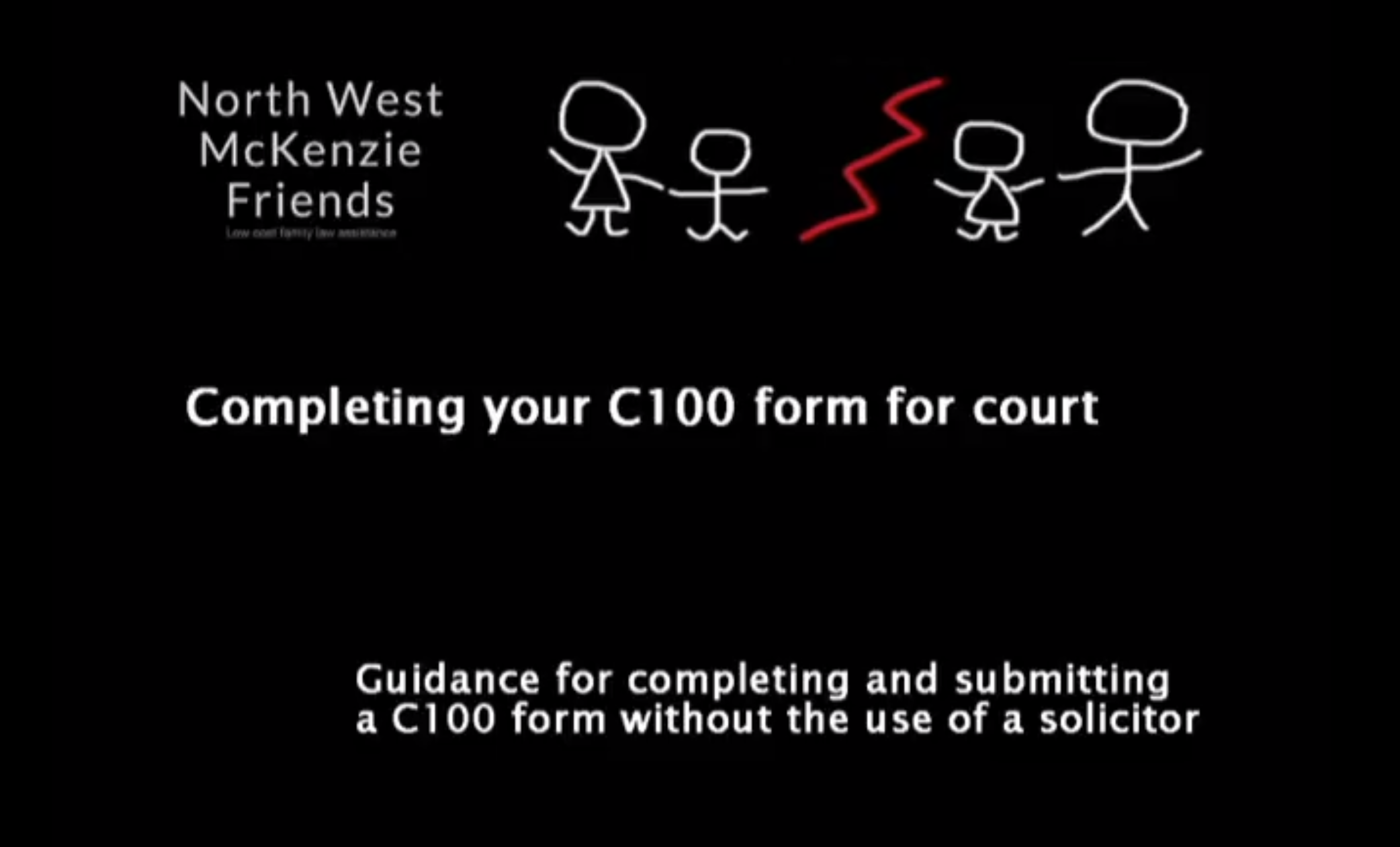Whether you’ve only just split up with the other parent or if you have been separated for a while, if contact is being set up between you and your child, it is vital that you get your home prepared to welcome another household member.
Why Prepare Ahead?
If you leave it until the last minute, you’ll find yourself rushing around, trying to create stability where there is currently none and you will not be able to make the most of the time that you have with your child as you will be worrying about the things that aren’t yet ready. You need to try to be as prepared as possible before your child visits your home so that they can see that your home is also theirs.
If you have recently split from your ex, you may have forgotten the time it took to acquire the items that you had in the family home before or the time it took to build the stable environment that you had in the past. Starting all over again may be daunting, so we have put together a list of some of the things that you are likely to need.
A Bedroom
The best way to make a child feel as though they belong is to give them their own space when they do visit. Even if your child is not yet staying over, having a room picked out especially for them will make them feel safe when they do visit and if overnight contact does happen in the future, your child will know that they have somewhere safe to sleep and where they can store their posessions.
If you need to, the room could be used for other purposes when your child is not staying over or visiting, but remember to make sure that the room is tidy and looks like the child’s room when they do visit.
First Aid
Having all the supplies that you need to perform basic first aid is a must. Things like plasters, antibacterial wipes and paracetamol should all be kept in your home. It would be a good idea to have other basic medication too including things like antacids and mild laxatives. Ensure that these are stored in a safe place out of reach of the child. A locked cupboard or one that is very high up would be ideal.
Things to Do
Toys, games and books are vital for a child. Not only do they keep the child occupied, but they are great for your child’s development. You should try to get age appropriate items that you can store away for when your child comes to visit. You don’t have to spend lots of money, and getting second hand items is fine. If you do buy used items, make sure that they are cleaned before your child plays with them.
You could even take your child shopping so that they can pick out one or two things for themselves. This is a good idea if you have not had contact for some time and you are not sure what your child enjoys doing.
Clothes
Whether you have overnight contact or daytime contact only, it’s a good idea to have a supply of spare clothes at your home. Children get messy, they may get their clothes wet if it is raining and they want to play outside or they could spill food down the clothes that the other parent dresses them in when they bring them to you.
In addition, having clothes for your child at your home will help them to gain a sense of belonging in your house.
Food
Of course, you probably already have food in your home, but not all children will eat the same as adults. If your child is an infant, you’ll need age appropriate food and you should check with the other parent to see if there are any allergies that you should be aware of. In addition, some children can be fussy eaters. If you try to make your child eat things that they don’t like, this may build a negative relationship. There is no reason why you can’t feed your child healthy food that they enjoy. Try not to allow to many sweets and junk food, or they may think that this is the norm. If you are allowing lots of sweets and junk food, ask yourself if it is possibly an attempt to compete with the other parent.
Toiletries
Another way of ensuring that your child belongs is to have the child’s own toiletries at your home. A toothbrush, mild children’s toothpaste, bubble bath, and their own towel are all things that you will probably need. If your child is young, they may still be wearing nappies. Ensure that you know what size and get a good supply. Again, you don’t have to spend lots of money on these things. The store own brands are often as good as the branded items and cost a fraction of the price of the branded products.
Hacing their own toiletries at your home will ensure that the child does not feel as though they have to borrow someone elses things when they are at your home and will make them feel as though they belong.
Decor
When your child is going to be visiting your home, you should ensure that they know that you think of them often and that they are part of your family even though you and the other parent are no longer together. As well as photos of the people who live in your home, ensure that you have plenty of photos of you and the child around too. Not only will this help them to feel included in your life but it can also be a great way to help them to remember past memories with you. You can point at the photograph and say “remember when you were little and we….”. This will help your child to retain those early memories of you and remember that you have always been there for them. If you feel comfortable to do so, you could always have a nice photo of you and the child’s mother spending time with the child. This would show the child that you are respectful of their mother and that she is still a part of the child’s family instead of all the photos being of just you and the child.
Communication With The Other Parent
When your child comes to spend time with you, it is important to understand that missing the other parent does not mean that they love you less than them. It is not a competition. If the child tells you that they feel homesick or that they want to speak to the other parent, you should allow them to make a phone call or facetime if it is appropriately. If not, they could write a letter or make a card to take home for the other parent to tell them that they missed them or they could write an email or text. Facilitating this communication will help your child to feel safer when they are with you and that their other parent is still only a phone call away. Try not to be offended by your child missing the other parent. They have a lot to get used to and it is only normal that they should miss a parent when they are away from them. They will miss you too when they go back to the other parent.
Safety
When you bring your child home, you need to know that they will be safe there. Adults know to look out for any dangers and to avoid them, but children are just learning. Will you need a high chair or a stair gate if your child is still very young? Perhaps locks for your cupboard doors would be a good idea and to put dangerous things out of reach for example bleach and other cleaning products, knives and medicines. If you will be taking your child in your vehicle, you should also ensure that you have a suitable car seat. It’s always recommended that you buy a new one so that you know that it hasn’t been in an accident, but there is no need to spend a fortune. If you purchased the cheapest one, it would still be safe for your child as they are not sold unless they pass safety regulations. Sure, the more expensive ones may look nicer or may have more padding for comfort, but ultimately, this will not really matter.
Routines are Vital
Having all of the things that you need in your home is all well and good, but if you don’t have a good routine for your child, it will make your life as a parent very difficult indeed. Sometimes, it can be tempting to allow a child to stay up past their bedtime and to have snacks right before their dinner, but if you allow this to be a regular occurrence, the child is likely to expect that daily.
If you are able to communicate with the other parent about the child’s routine, you should do so. This way you can coparent effectively, with both of you maintaining a similar routine for the child, which will ensure good behaviour and a sense of security for the child.











